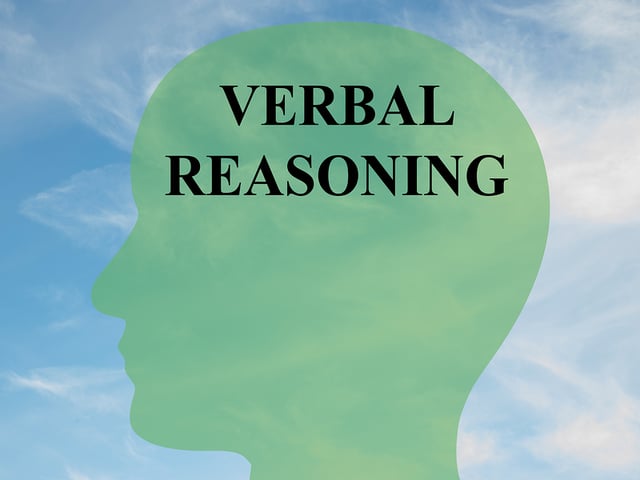
What Is On the Verbal Reasoning Section of the ISEE?
The Independent School Entrance Exam (ISEE) test is a placement test used for admission to private schools for grades 2 to 12. Although the exact contents of the exam will change depending on a student’s age and anticipated level, there are specific portions of the exam that remain consistent in topic, and studying can be tailored to a student’s age and skill level. One such portion of the ISEE is the Verbal Reasoning test.
What Is Verbal Reasoning?
As its name suggests, the ISEE’s Verbal Reasoning portion is concerned with a student’s ability to synthesize the information they are exposed to, which includes being able to read and understand information, and accurately and adequately relay that information to others.
What Skills Are Involved?
While verbal reasoning is a broad subject, there are several subcategories within this larger category. Being able to identify these subcategories can make studying and preparing a bit easier. They include:
-
inferring
-
pinpointing information in a specific text (such as the main idea, supporting details, and conclusions)
-
accurately following directions
-
identifying logical (and illogical) arguments, and determining whether or not a story, piece of information, or article is made up of logical, clear, and reasonable content
-
within a set of words, choosing a word that best fits the empty space.
How Do I Prepare for the Verbal Reasoning Section of the ISEE?
Preparing for the verbal reasoning portion of the ISEE involves practicing a few skills, the most significant of which is simply reading. The more you read, the easier it will be for you to see, recognize, and be comfortable working with new directions, new concepts, and new words. Reading is an organic way to learn new words—both in terms of their basic meaning, and in terms of how they are used. Taking practice tests, using flashcards, and reading study guides can also be helpful to reinforce your knowledge before test day.
How Important Are Context Clues?
Using context clues and the text as a whole, students can determine the most likely meaning of a word—another skill that serves students well on the ISEE exam. This is particularly helpful for questions on the exam that require students to select the best possible choice of word to use within a sentence or passage; all of the possible answers might work well enough in the space, but the test will require you to know the absolute best word, based on tone and context.
How Can I Use “Questioning” When Reading?
In addition to reading, practice questioning each piece you read, whether it is a magazine article, a novel, a poem, or a short story. Asking questions can increase your reading comprehension, thereby improving your verbal reasoning skills. Important questions to ask include:
-
“What is the author’s purpose here?”
-
“What is the author suggesting?”
-
“What evidence does the text offer to support a claim?”
-
“How does the piece flow?”
-
“Could word choice be improved? Would a synonym for this word better fit the piece as a whole?”
-
“How are these components different? How are they the same?”
While these questions may seem rudimentary, they form the basis for understanding the written word, and will help boost your reading comprehension and verbal reasoning skills in preparation for the ISEE.
Keep Reading

Independent School Entrance Exam Blog
Essay Writing Practice and Prompts for the ISEE
The writing test is always given with the ISEE, and it measures your ab…

Independent School Entrance Exam Blog
What Is “Quantitative Reasoning” on the ISEE?
Quantitative Reasoning (QR) is the use of basic mathematical skills to …

Independent School Entrance Exam Blog
How to Tackle the Math Achievement Questions on the ISEE Test
The Independent School Entrance Exam (ISEE) Mathematics Achievement sec…